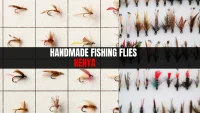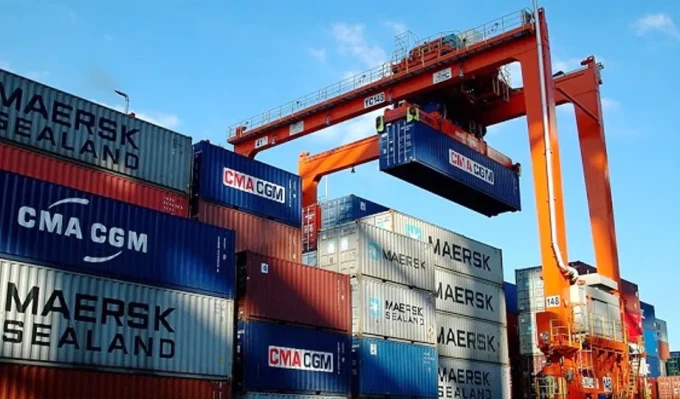At least 250 employees are set to lose their jobs following the closure of Keroche Breweries Limited factory in Naivasha.
The company, which has been closed over three times since December 2021 is in a Ksh9.1 tax tussle with KRA that has accrued over the years.
On December 7, 2021, the factory was closed by KRA over Ksh322 million that accrued from February 2021.
“Failure to be up to date on the payments was explained to KRA as low business leading to poor cashflows that could not fully meet all the cash obligations of the company (taxes, utilities, salaries, suppliers, etc),” said Karanja.
Already, the taxman has issued agency notices to 36 Banks in Kenya, to prevent them from giving loans to the troubled company.
Initially, Kerocho had requested for 24 months to pay the arrears, while KRA was pushing for six months. As a result of desperation, Keroche agreed to KRA’s demands to have the company reopened.
“On 22nd December 2021 KRA re-opened, but unfortunately, the earliest our products could reach the market was on 27th December 2021.We only managed to sell for three days till the end of the year but KRA were on our case demanding for the arrears according to the payment plan,” she says.
“We remitted Ksh10 Million which was available in our accounts then; which to them was insufficient.”
The company was again closed on January 10 and reopened on January 15 after a push and pull. In February, the company was again closed, just before it could get back to full-scale production.
“For us to go into production we needed revenue stamps which we had to apply and it took a further one week to get approval and issuance from KRA,” says Ms Karanja.
Keroche attributes her woes to the Covid-19 pandemic and the heightening political atmosphere in the country, which is hindering business.
“As we got into 2022, the cases of Covid 19 started going down but the post Covid 19 effects are being felt harder. The effects are being aggravated by the current political climate as we get closer to the August 2022 General Elections,” she says.
“The government should re-evaluate the post Covid effects and the impact they have on the different sectors of the economy in order to formulate policy measures that will rejuvenate the players and by extension the economy. Without re-inventing the wheel, the government can borrow a leaf from the west where businesses have been extended grants, tax breaks, moratoriums and low interest loans.”
Read: Keroche Fights to Survive as KRA Comes Knocking
>>> KraSenator Tabitha Karanja? Keroche CEO Dives Into Politics

![Keroche CEO Tabitha Karanja. Citing goodwill from KRA, she expects the firm to meet its pending tax obligations. [Photo/ Capital]](https://businesstoday.co.ke/wp-content/uploads/2022/01/ke.jpeg)









Leave a comment